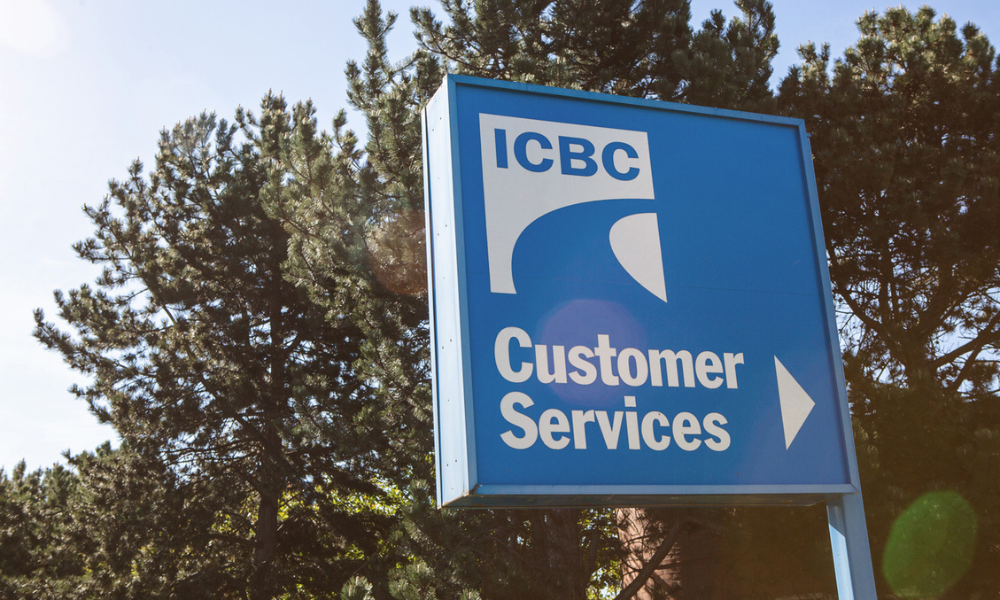
The plaintiff should have sued the ICBC instead: court

The BC Court of Appeal has dismissed an action for damages against an insurance claims examiner, finding that the plaintiff should bring the claim against the Insurance Corporation of British Columbia (ICBC) instead.
In Brar v. Feng, 2023 BCCA 418, Surinder Kaur Brar sought damages from the ICBC’s claims examiner, Jack Feng. The case stemmed from a motor vehicle accident. Feng was the claims examiner assigned to review Brar’s claims for insurance benefits. Brar commenced an action against Feng, seeking damages for negligence, tortious conduct, bad faith, intentional inducement of breach of contract, and intentional interference with the contract about his handling of her claim for Part 7 benefits under the Insurance (Vehicle) Regulation.
Feng applied to have the claim struck, and action against him dismissed on the basis that s. 30(2) of the Insurance (Vehicle) Act permitted Brar to bring her claims in negligence or bad faith against ICBC, but it barred her claims against the claims examiner personally.
The BC Supreme Court struck out Brar’s notice of civil claim for failure to disclose a reasonable claim. The judge determined that Brar could not bring the claim against Feng personally. Instead, the court said the Brar should bring the claim against ICBC.
Brar elevated the matter to the BC Court of Appeal, arguing that the judge struck out her claim of bad faith against Feng based on an erroneous interpretation of ss. 30(2) and (3) of the act. She argued that s.30(3) should be interpreted as creating an exception to the rule in s.30(2) that establishes a general bar against suing individuals. Brar contended that s.30(3) permits a plaintiff to be a claim of breach of good faith against individual persons other than ICBC.
Furthermore, Brar argued that allowing bad faith claims to be brought against individuals is consistent with other statutes that offer protections to government employees.
However, the appeal court ultimately found that the chambers judge was correct to interpret ss. 30(2) and (3) to require that Brar’s action be brought against ICBC, and not against the claims examiner.
The court explained that s. 30(3) does not create an exception to s.30(2), as asserted by Brar, because s.30(3) contains no reference to s.30(2) and does not refer to “bad faith.” The court emphasized that s.30(3) is not an exception to the prohibition on suing individuals created by s.30(2). Instead, it is a discrete immunity provision governing proceedings other than those relating to insurance claims and rights. Since Brar’s claim concerned the enforcement of a claim or right about an insurance plan, it is caught by s. 30(2) and its prohibition against suing individuals.
Accordingly, the court concluded that the chambers judge did not commit any error in interpreting ss.30(2) and (3). As a result, the court dismissed Brar’s appeal.